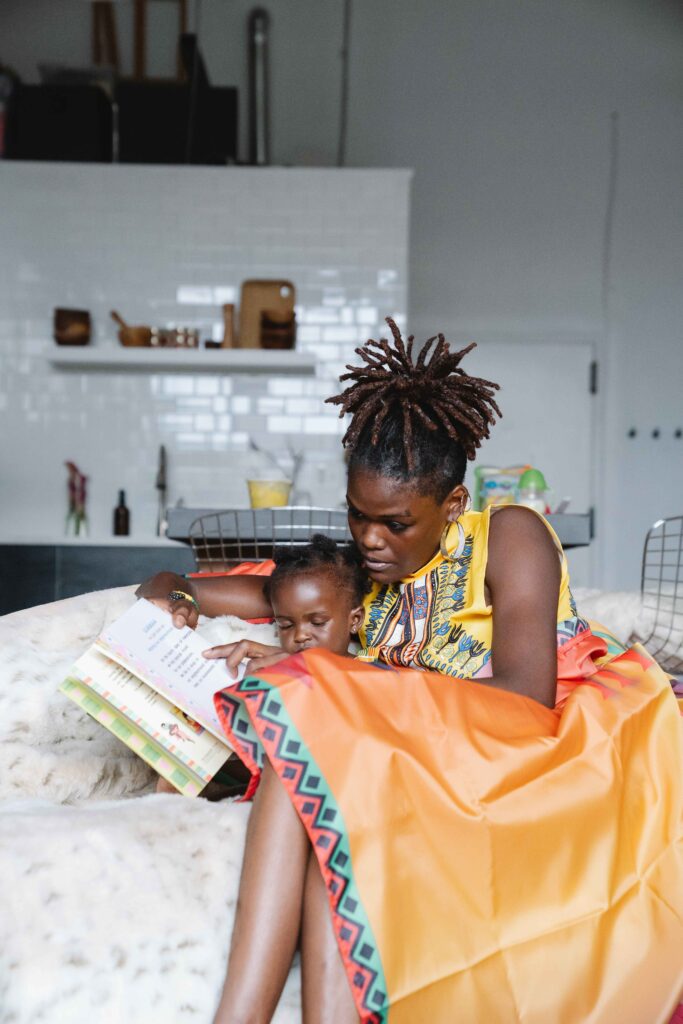In a society that is fractured and causes so many people harm, surely a remedy to this is to value care, asks Tessa Dooms
A country fraught with injustice, built on pain and subjected to inhumanity; South Africa’s history and present is a landscape of trauma and human suffering. From the beginning of the colonial period, including slavery, to apartheid and now the democratic era, the majority of people in South Africa have experienced the harsh consequences of unequal power and the neglect or failures of those who govern. While much of our history shows race as a signifier of the divisions between those with power and oppressed people, South Africa has also been built on a foundation of patriarchy. The dominance of men in general and white men in particular. This means that black women have always suffered the double burden of oppression on the basis of race and gender. Yet, women have always shown up to fight for and build a better society.
It has become commonplace in South Africa to celebrate women’s efforts in the fight for a free and just South Africa. We herald women like Winnie Madikizela-Mandela for her bravery. We salute the 20 000 women of 1956 who marched to end pass laws. We value those contributions of struggle, but have yet to attribute similar value to the care work millions of women have done and continue to give to our country and communities. Care is the cornerstone of women’s efforts to build better societies. Work often thrust on women through socialised extensions of gendered work like childcare and homemaking, the work of care has been as unseen and under recognised as women have historically been.
A study by the Harambee Youth Accelerator and the International Development Research Centre Canada found that care work accounted for 13.8% of all employment in South Africa. Women account for 84% of people who work in the care economy. This includes healthcare, teaching, social work, and other formal professions. But, overwhelmingly, the most work in this sector is paid but informal domestic work. Noting that domestic work referred to is paid and informal is important because it reminds us that much of the domestic work women do is unpaid. In their homes and communities, women work to care for men, children, the elderly, and each other without thanks, never mind pay. The work of ensuring that environments are clean and safe is care work. The work to ensure that people are not alone in times of need is care work. Nurturing those who are not well emotionally, physically, and spiritually is care work. This is all work that is expected from women instinctively and without reward in domestic and local community settings. The characterisation as informal should remind us that domestic work is one of the categories of work that is most often not contractual, unprotected, and by law can be paid below the minimum wage. It is work that is easily exploited. This speaks volumes about the state of women’s work and the low value society places on care.
In our work at the Rivonia Circle, we have come to appreciate an aspect of care work that is hardly named as such, community organising and development. In the 18 months since the formation of our political think-tank, we have been able to engage with over 4 000 people across 80 communities. The logistics and mobilisation for these community engagements have largely been done by young community organisers, many of them women. Community organisers often present as unemployed people in communities. They are not employed by NGOs, but many have started their own community-based organisations that operate on no funding and solve local and immediate issues.

In the words of South African youth activist Irfaan Mangera, “Activism is an act of love”. Community organisers are motivated by love to do work of care. From sports clubs and children’s tutoring groups to GBV programmes and drug rehabilitation programmes, community organisers are working daily to make South Africa better without recognition, support or payment. Community organisers are an invisible care army of thousands of people whose efforts are treated like philanthropy and volunteerism, when they are in fact part of the most economically excluded and poor communities in the country. These organisers are able to bring together people in their communities because their work and track record makes them trusted leaders of their communities. People show up for them, because they show up for people. I have become convinced that if South Africa took this work seriously and valued these efforts enough to reward it with salaries, we could make a substantive dent to unemployment without creating new jobs.
Care work is work. Comedian Tats Nkozo says that “care is not a feeling, its an action”. Care is only experienced through actions and those actions constitute work. That we have failed to see, quantify, and value this work is an indictment on our democratic nation-building efforts. In a society that is fractured and causes so many people harm, surely a remedy to this is to value care, not as ordinary acts, but as important contributions to the work of building a better South Africa?
As we celebrate Women’s Month, let us reflect not only on the contributions of women in the struggle, but also their and other people’s contributions of care. Let us give more than flowers and pretty words, but commit to making what has traditionally been thought of as “women’s work” real work.
Tessa Dooms is the Director of Programmes at the Rivonia Circle, championing political participation at community levels and across sectors.

